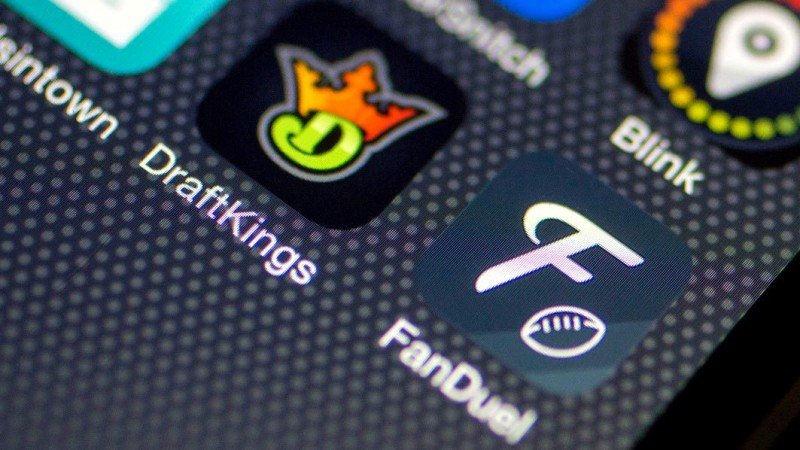DraftKings, FanDuel fantasy sports platforms could temporarily halt operations in Connecticut

Fantasy sports platforms including DraftKings and FanDuel could go offline in Connecticut on Thursday, barring a last-minute deal between the companies and one of the state’s existing gaming operators.
The state's new bill legalizing sports betting and online gaming, set to take effect July 1, requires online fantasy sports platforms to apply for licenses through the state Department of Consumer Protection and bars them from operating in the interim. That could force them to go offline temporarily as they proceed with the licensing process, which could last months, Hartford Courant reports.
Facing protest from the fantasy sports industry, lawmakers added a provision into the budget implementer bill, creating a process through which fantasy operators can receive provisional licenses, provided they contract with either of Connecticut’s two federally recognized tribal nations —Mohegans and Mashantucket Pequots — or with the CT Lottery.
According to the implementer bill, provisional licenses for fantasy sports companies will last until Sept. 30 or until all final licenses have been issued, whichever comes first.
DraftKings and FanDuel had announced no agreement as of late Tuesday, but a spokesperson for Gov. Ned Lamont, Max Reiss, said he expects they will soon reach one, allowing them to continue operations uninterrupted. “We have every anticipation that those [provisional licenses] will be issued by then,” Reiss said Tuesday.
In addition, Reiss said the fantasy sports companies had agreed to pay a combined $1.1 million in back fees for operating in Connecticut without a license over recent years.
The bill approved by the legislature this year allows the tribal nations and the Connecticut Lottery to operate online gambling and sports betting. In states that have legalized sports betting, FanDuel and DraftKings also take bets on games, and they may do so in Connecticut as well, in partnership with other operators. All changes to Connecticut’s compacts with the two tribal nations, including the new gaming bill, must be approved by the federal Bureau of Indian Affairs.
A spokesperson for the CT Lottery said the lottery does “not expect to announce a partner in the next few days.” A spokesperson for the Fantasy Sports & Gaming Association said the trade association was not privy to negotiations but that “it would be a positive development for fantasy sports players in Connecticut if a solution could be worked out to keep them live on temporary licenses.”
The state's new licensing process is required for any fantasy sports platform through which fans pay entry fees and win prizes. Traditional fantasy sports leagues that don’t require entry fees, such as those operated through ESPN and CBS, will not be affected.
















































